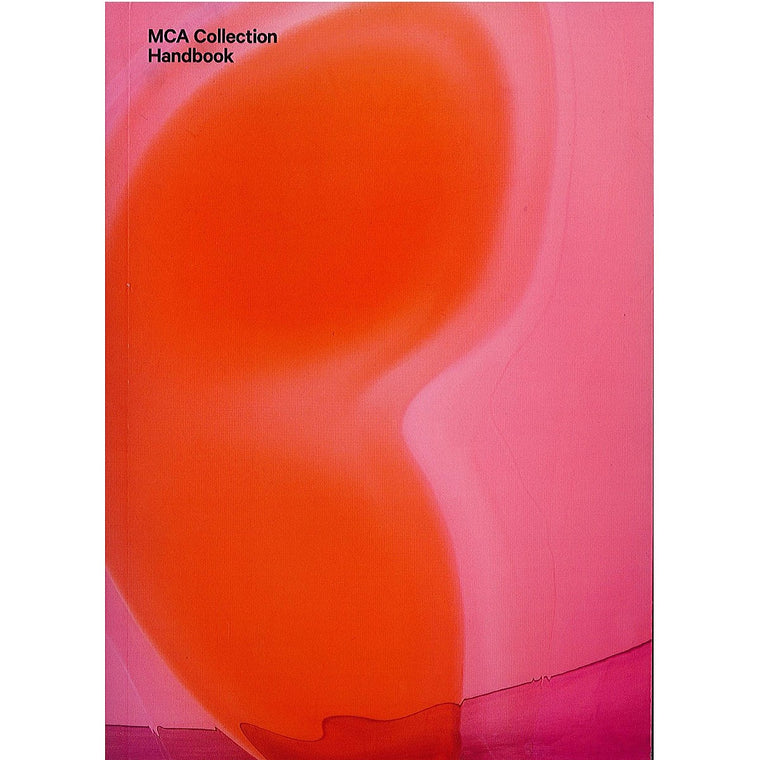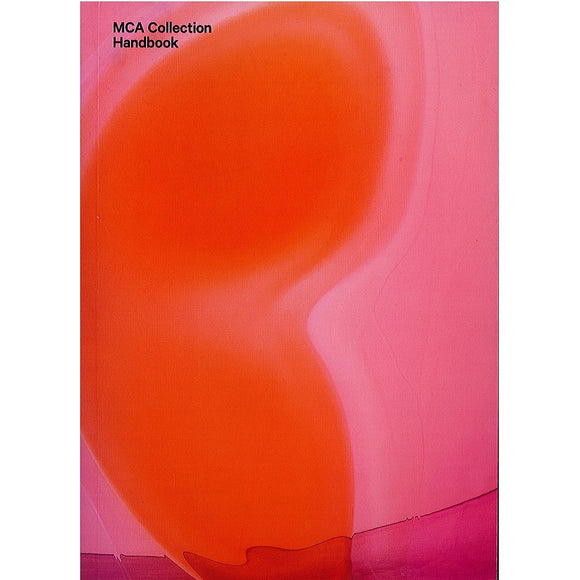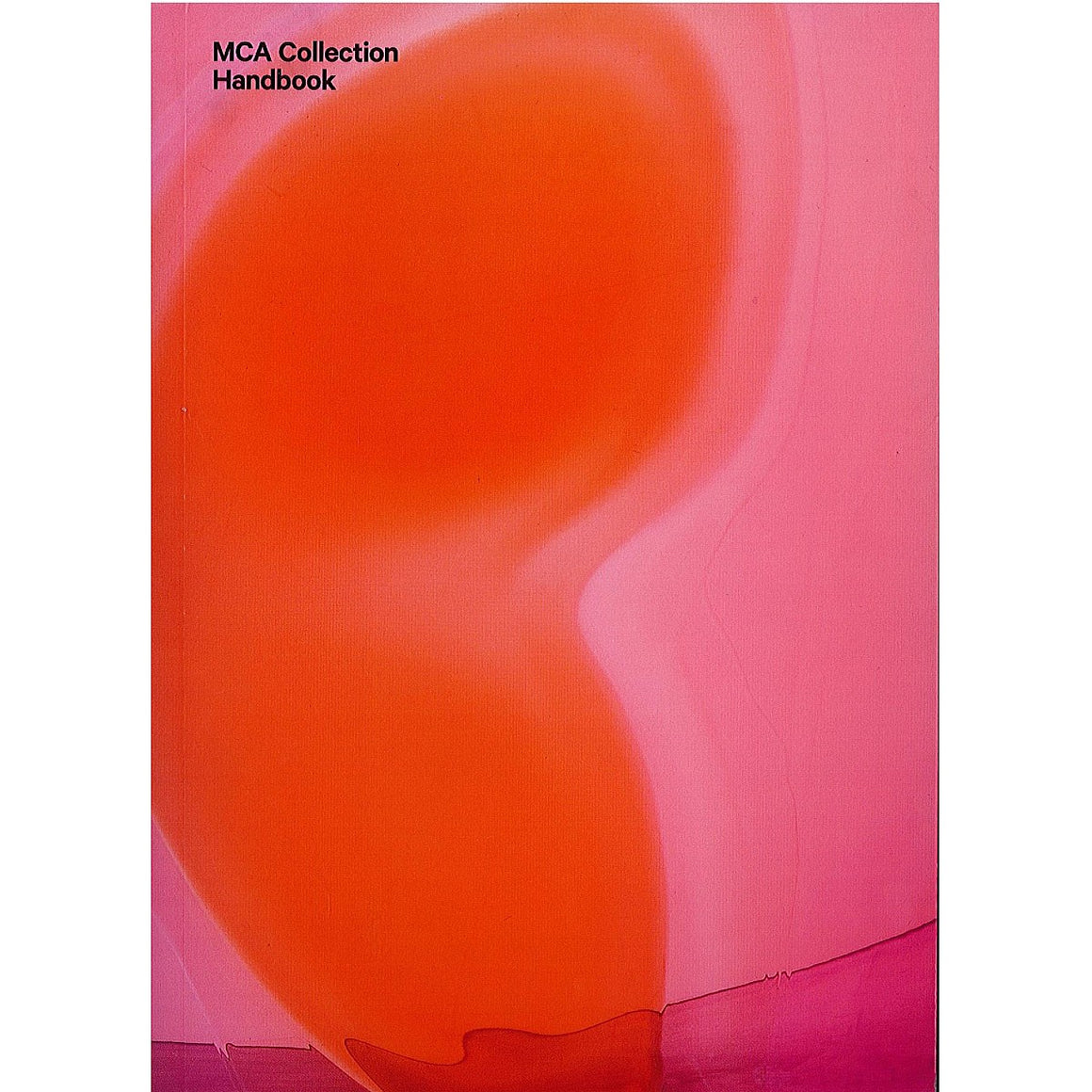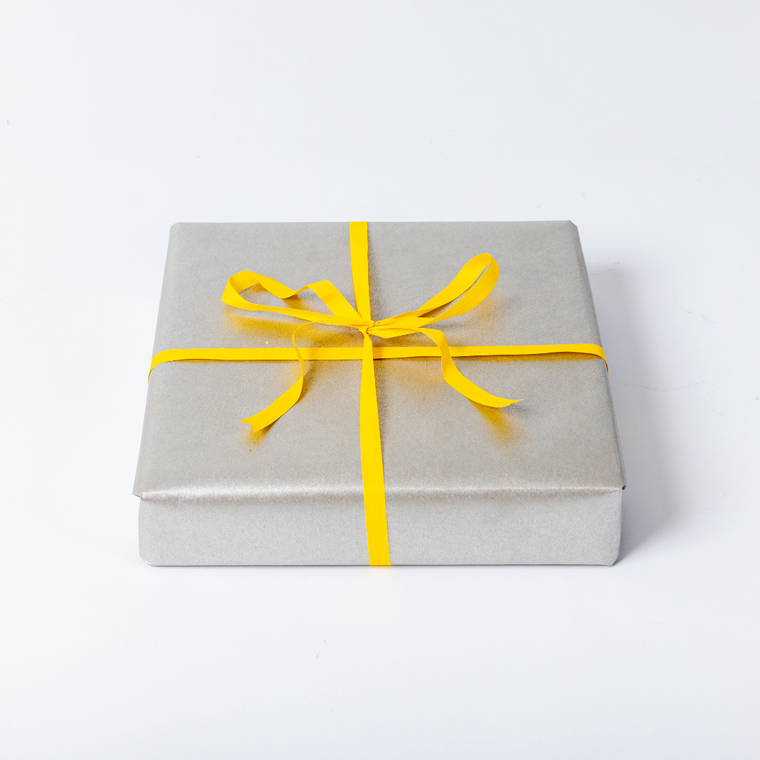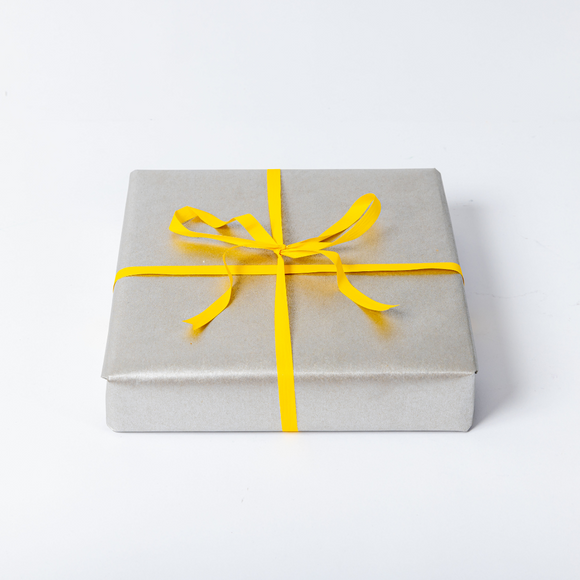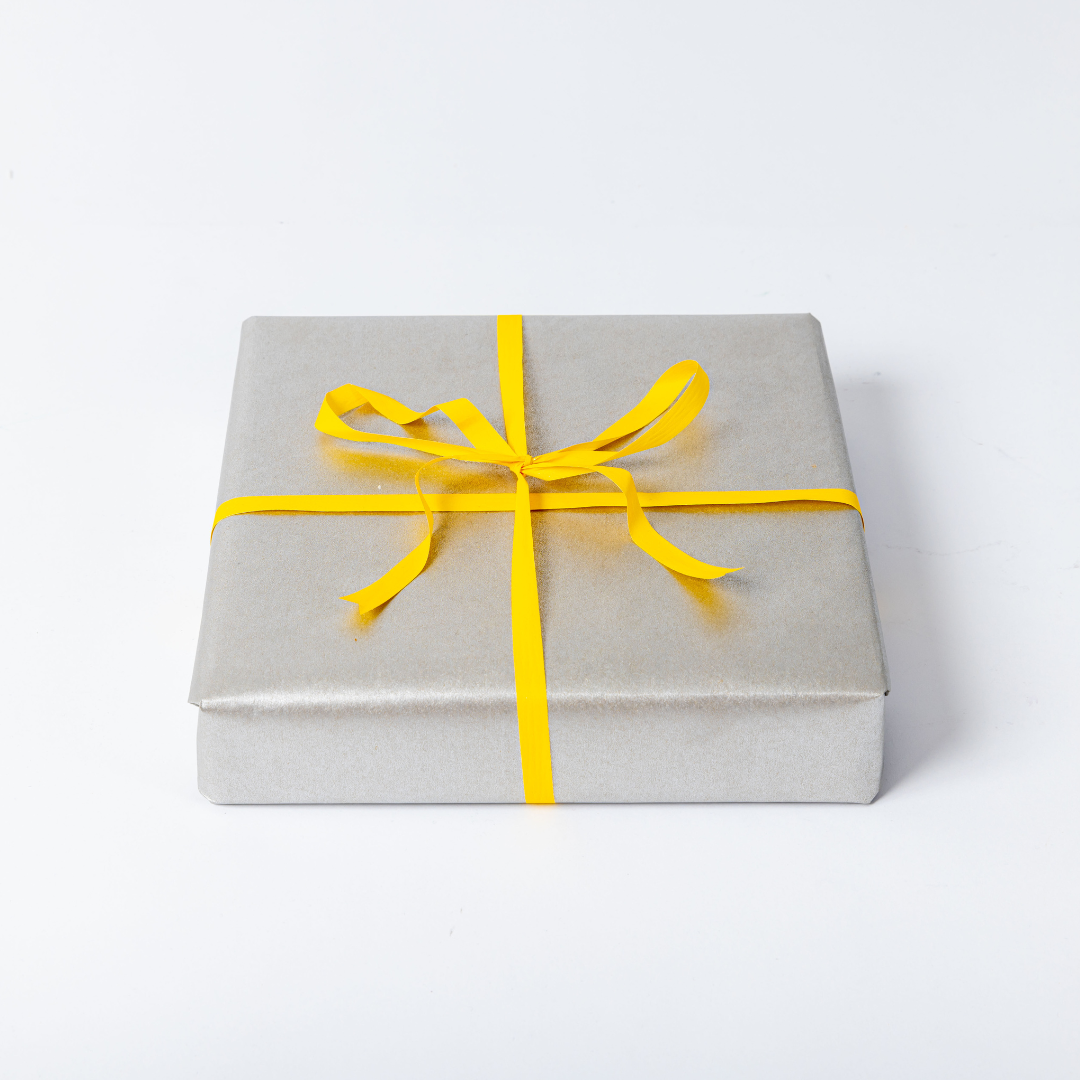This utterly charming mouse sculpture has been handmade by Justine Anderson, a Pitjantjatjara artist from the remote community of Apatula (Finke), Northern Territory. Featuring the sweetest prick ears and the tufty whiskers, this is a truly special piece of First Nations art.
Weaving with fibre in this way has become a fundamental part of Central and Western desert culture and draws on the traditional practice of making manguri rings - a ring worn on the head made of grasses and cloth. Here we see traditional weaving techniques re-framed using a mix of traditional and contemporary materials - including wool! The result is a strikingly bold and colourful sculptural piece with layers of historical significance.
Tjanpi Desert Weavers is an aboriginal owned social enterprise that works with over 400 Anangu/Yarnangu women artists from 26 remote communities across the remote Central and Western desert regions. Tjanpi artists use native grasses, wool, string, seeds and feathers to make spectacular contemporary fibre art, weaving beautiful baskets and sculptures and displaying endless creativity and inventiveness. While out collecting desert grasses, women visit sacred sights and traditional homelands, hunt and gather food for their families and teach their children about country.
Details:
44 x 33 x 20cm
Materials: Tjanpi (grasses) Raffia and wool
To view all the Tjanpi sculptures and baskets we have available click HERE
More about Justine Anderson:
Justine began weaving in 2010, and has since flourished in her weaving practice, particularly in recent years. She is always looking to challenge herself by making creative and interesting Tjanpi fibre works. She often employs decorative motifs in her baskets and sculptures, which add great character and life to her works. Justine weaves thoughtful details into her sculptures, for example adding life-like saddles onto the backs of her camels, or beautiful bright circles on the fanned out tail of a peacock. She juggles a busy young family, work commitments and her weaving practice.
Please note: measurements are approximate due to the 3D nature of Tjanpi baskets and sculptures.


